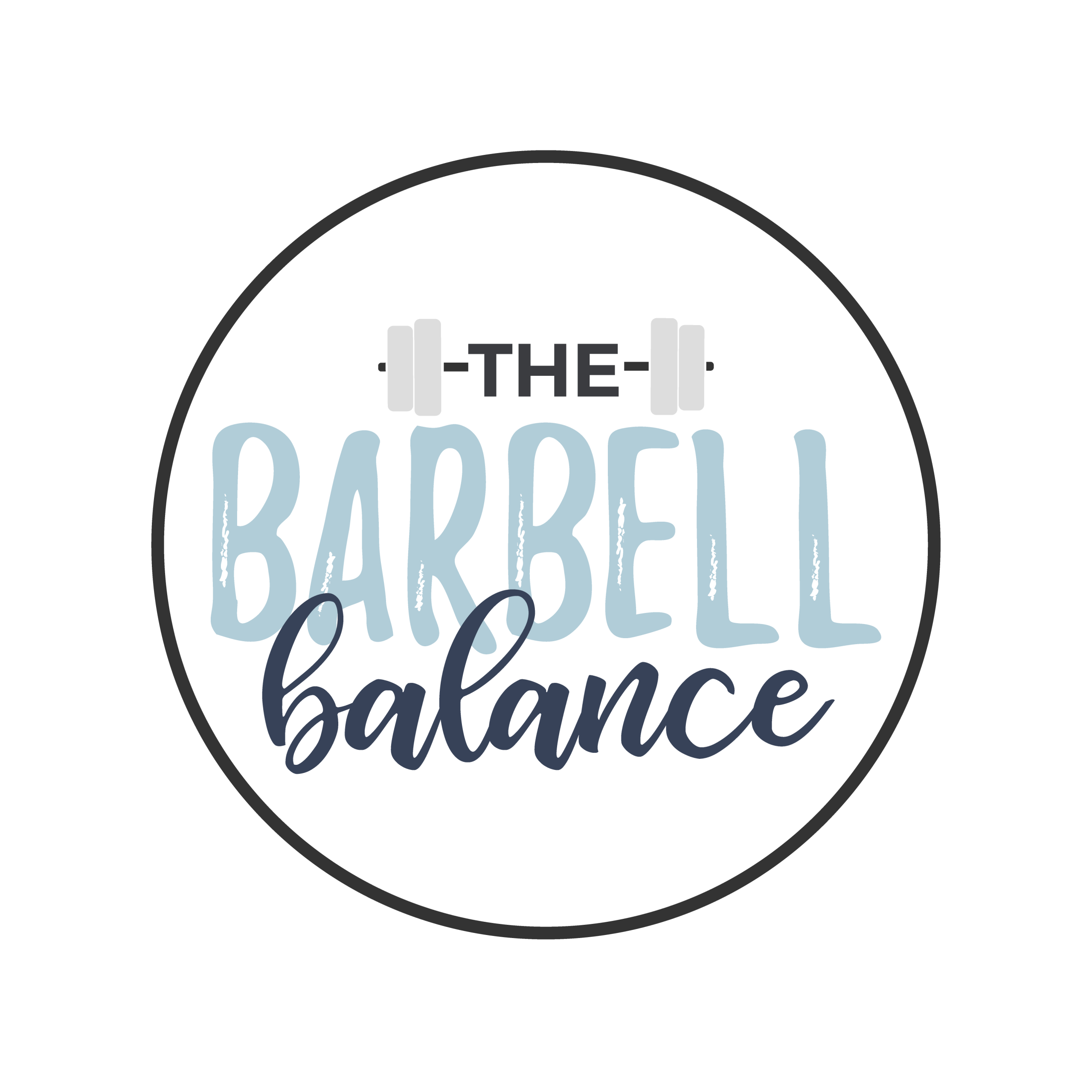Does Your Coach Ask About Your Vagina?
I must say, not too shabby.
As I was at the bottom of my squat the I hear the coach ask ” do you get to a point in your squat where it feels like childbirth”
I paused.
My answer was no. I felt nothing coming out of my vagina at anytime during my training sessions. And I plan to keep it that way.
As comfortable as I am talking about vaginas, I began to share the history of mine. I told her about my prolapse and how I don’t have symptoms at this time. And I told her about how I did have symptoms of my prolapse while I was pregnant (it felt like my bladder was busting free from my vaginal jail), while I was squatting to give my kids a bath.
She asked, I answered.
I was glad she asked about how things were feeling in my lady parts. After dealing stress incontinence after my first was born, then symphysis pubic dysfunction during my second pregnancy, followed up with a side of pelvic organ prolapse, then a c-section, you can say my body has been through a lot. Not to mention a laparoscopic cyst removal about 3 prior. You can say, my body has been through a lot.
Does Your Coach Ask About Your Vagina During Training?
Your pelvic floor is like any other muscle. It can be weak, tight, overactive. And just like any other muscle, it may let you know it ain’t to happy with the demands being placed on it.
Pregnancy, birth, and postpartum can place additional stress on your pelvic floor. There are hormonal factors and structural changes (like your growing belly), that may impact how it functions overall. Throw in high-impact exercise, you may find yourself with symptoms like stress incontinence you didn’t have before.
The Vagina Questions I Ask About:
- I ask my clients about their vaginas every single session. If they happen to feel symptoms or even if something isn’t “feeling right”, I need to do something different, as Antony Lo, PT says.
- In the initial assessment, I ask about sex. Because if there is pain during intercourse, it gives me insight on how to design their program and what to look for as far as overall movement. She may also experience back/hip/pelvic floor pain during certain movements which may make her symptoms worse.
- Tearing or an episiotomy during delivery. This ties into my sex question. If sex is painful, asking about pelvic trauma and painful intercourse share common traits.This could be related to scar tissue that hasn’t quite healed or there may be trigger points that need to be released. Yes, there is a thing for releasing trigger points in your vagina. It holds tension just like any other muscle in your body.
- Incontinence or any other feeling that may seem off both during workouts and everyday life. If you’re leaking or feeling like something is “falling out”. If there’s a feeling of something is falling out, it may be pelvic organ prolapse (one or more pelvic organs bulging through the vagina.

What May Be Happening When You’re Experiencing Pelvic Floor Symptoms.
- Intra-abdominal pressure within your core isn’t being managed as it needs to handle that particular task.
- You’re not in a “neutral” posture. I put neutral in quotes because it’s subjective to the individual.
- You may need to switch your breathing technique, you may be using too much weight
- May be your movement strategy. Check alignment, breathing, and coordination between the two.
- Are you holing your breath?
- Could be your cycle. You may notice symptoms more before or during ovulation.
- You’re tired or under stress. This is common in adulting and parenting.
- You’re Breastfeeding. Your hormones are in overdrive for up to 3-6 months after you’ve weaned
As you can see, if you’re leaking or feeling a bulge, it doesn’t necessarily mean pelvic floor dysfuntion. There are a number of factors as to why you may experience symptoms. So don’t panic. Get professionally assessed by a pelvic floor physiotherapist for an accurate diagnosis. And please, don’t turn to your mom group on Facebook! Although well meaning, the stories you may get may scare the living tar out of you and is most likely unrelated to you.
This doesn’t mean you can’t do high-impact training if you’ve recently had a baby. But if at any point you have symptoms like:
- Peeing during your workouts/or at anytime. Contrary to popular belief, no one wants to pee themselves.
- Passing vaginal gas or queifing
- Heaviness in your vagina or rectum.
- Lower back or pelvic pain
- You notice coning or doming in your abdomen. This is subjective. If you’re able to maintain tension while doming, this may not be an issue.
- Pain during intercourse. This could be due to a tight pelvic floor or scar tissue.
- Straining to go to the bathroom.
All of these symptoms can be treated and managed by a well trained pelvic health professional. Hop on google and find a pelvic floor physiotherapist local to you. You may also need to scale back in your training until your symptoms are managed. Hell, even if you’re not showing any symptoms, it’s never a bad idea to get professionally assessed to make sure it stays that way.
Just Because You Don’t Have Obvious Symptoms, Doesn’t Mean You’re In The Clear.
You may have no obvious symptoms off the bat. Their symptoms may even stay dormant for years. Or there may be times symptoms pop in occassionally to say “hi”, only to become more frequent and unwanted guests. Every woman experiences her pelvic health symptoms differently. So seeing a pelvic floor physiotherapist yearly (just like getting that yearly physical…yay), is a great way to keep your pelvic health in check.
General and athletic training may not incorporate your pelvic floor in the way it needs to keep you symptom free. Many women find it helpful to learn use kegels in connection with thier diaphragmatic breath as they exert through movement. However, your pelvic floor physiotherapist may advise against this if your pelvic floor is over active. Typically, they will teach you how to relax it before teaching you to contract.
FYI, many coaches don’t ask about your vagina, but this doesn’t mean they’re not great coaches. Most of the coaches I’ve had the opportunity to work with care about their clients and members like family and would never intentionally do anything harmful.
So even if your coach isn’t asking about your lady parts, you now have a bit more guidance on what to keep an eye out for. And if you do have one or some symptoms mentioned, you don’t have to live with it. There is help.
If you have questions about this article or fitness in general, leave me a comment here, Facebook, or Instagram.
Ciao,
Terrell
Ready to maximize your postpartum fitness performance? Get my favourite strategies in Your Handy Lady Parts Handbook” 5 Considerations All Women Need For Fitness And Their Vagina. You will learn to minimize pelvic floor dysfunctions and improve your overall power you can use in both pregnancy and postpartum.
Resources
Influence of a pelvic floor training programme to prevent perineal trauma: A quasi-randomised controlled trial. Leon-Larios F1, Corrales-Gutierrez I2, Casado-Mejía R3, Suarez-Serrano C4. 2017 Jul;50:72-77. doi: 10.1016/j.midw.2017.03.015. Epub 2017 Mar 27. https://www.ncbi.nlm.nih.gov/pubmed/28391147
Can we evaluate the levator ani after Kegel exercise in women with pelvic organ prolapse by transperineal elastography? A preliminary study.Xie M1, Zhang X2, Zhang X2, Wang W3, Hua K4. J Med Ultrason (2001). 2018 Jul;45(3):437-441. doi: 10.1007/s10396-018-0862-5. Epub 2018 Jan 18. https://www.ncbi.nlm.nih.gov/pubmed/29349582
PROPEL: implementation of an evidence based pelvic floor muscle training intervention for women with pelvic organ prolapse: a realist evaluation and outcomes study protocol.Maxwell M1, Semple K1, Wane S2, Elders A3, Duncan E1, Abhyankar P1, Wilkinson J1, Tincello D4, Calveley E1, MacFarlane M1, McClurg D3, Guerrero K5, Mason H3, Hagen S3.
Urinary Incontinence in Women: A Review. Lukacz ES1, Santiago-Lastra Y2, Albo ME2, Brubaker L1,3. JAMA. 2017 Oct 24;318(16):1592-1604. doi: 10.1001/jama.2017.12137. https://www.ncbi.nlm.nih.gov/pubmed/29067433
Physical activity and pelvic floor muscle training in patients with pelvic organ prolapse: a pilot study. Ouchi M1, Kato K2, Gotoh M3, Suzuki S4. Int Urogynecol J. 2017 Dec;28(12):1807-1815. doi: 10.1007/s00192-017-3356-x. Epub 2017 Jun 17. https://www.ncbi.nlm.nih.gov/pubmed/28624919
Is Pelvic-Floor Muscle Training a Physical Therapy or a Behavioral Therapy? A Call to Name and Report the Physical, Cognitive, and Behavioral Elements.Frawley HC, Dean SG, Slade SC, Hay-Smith EJC. https://www.ncbi.nlm.nih.gov/pubmed/28499001
Urinary incontinence, pelvic floor dysfunction, exercise and sport. Bø K1. https://www.ncbi.nlm.nih.gov/pubmed/15233598
[Comparison of pelvic floor muscle strength in competition-level athletes and untrained women]. Ludviksdottir I1, Hardardottir H2, Sigurdardottir T3, Ulfarsson GF4. https://www.ncbi.nlm.nih.gov/pubmed/29493531


